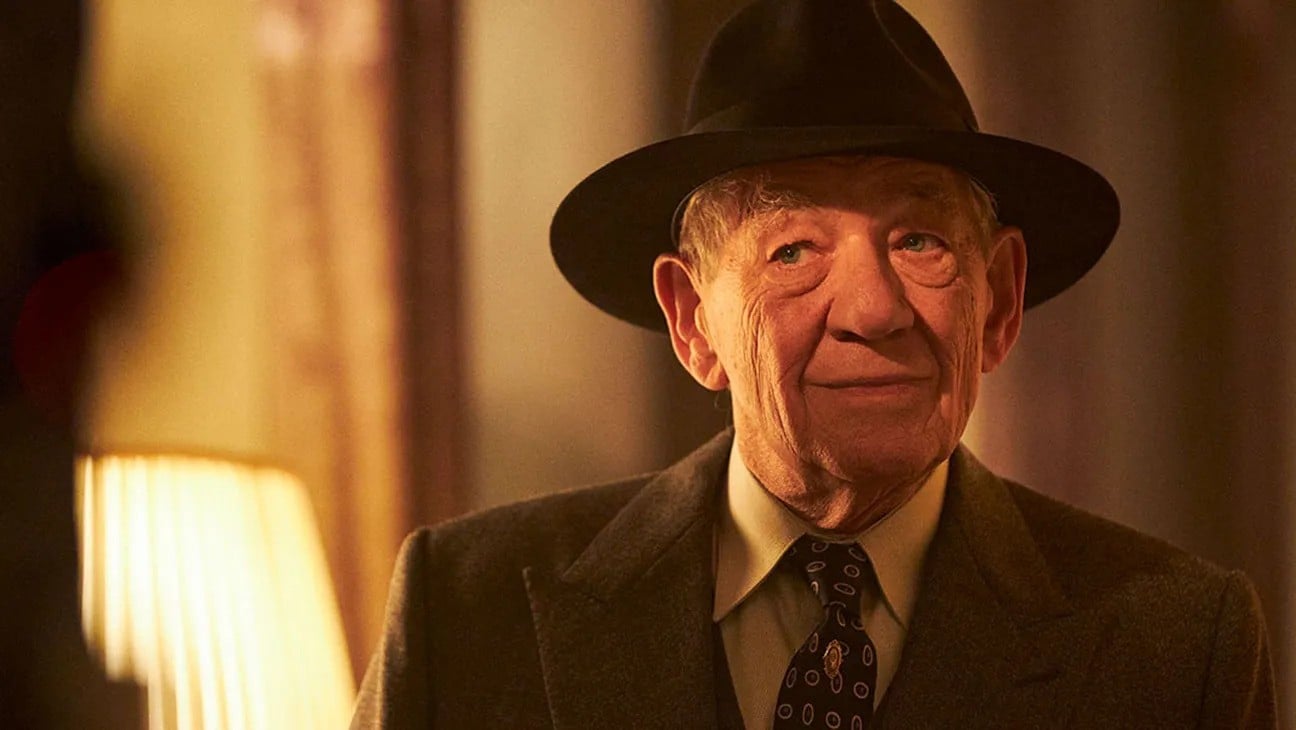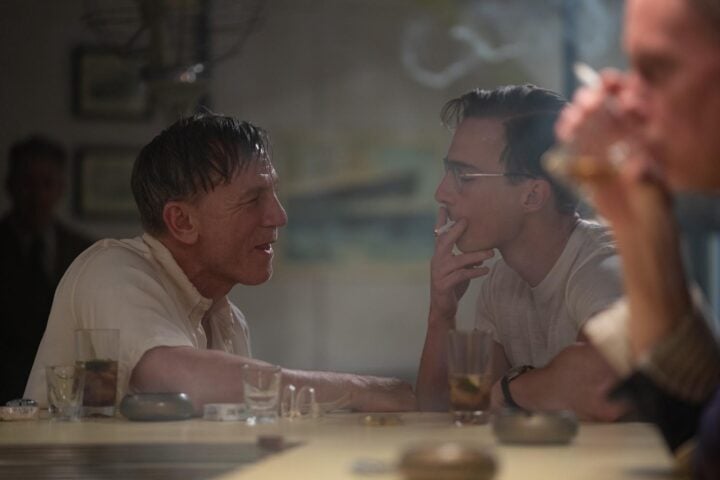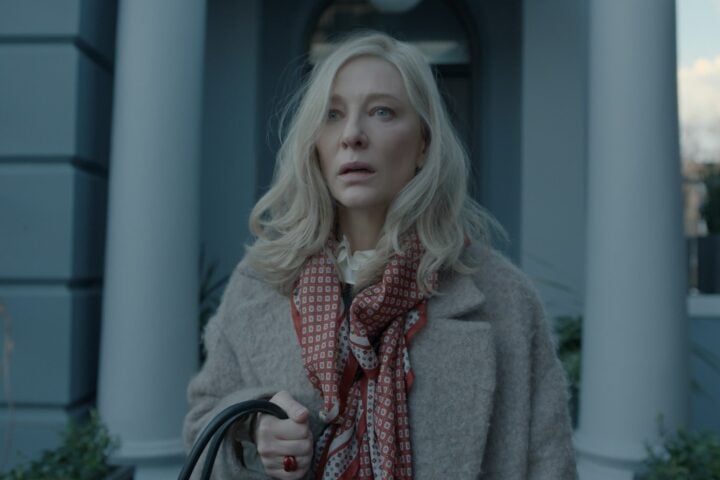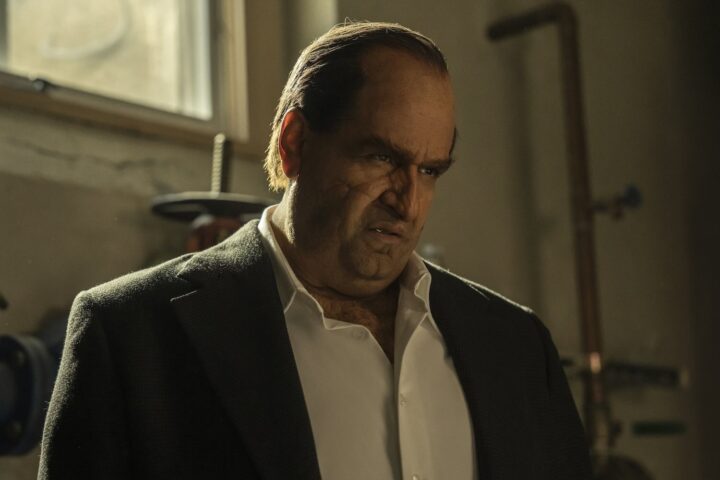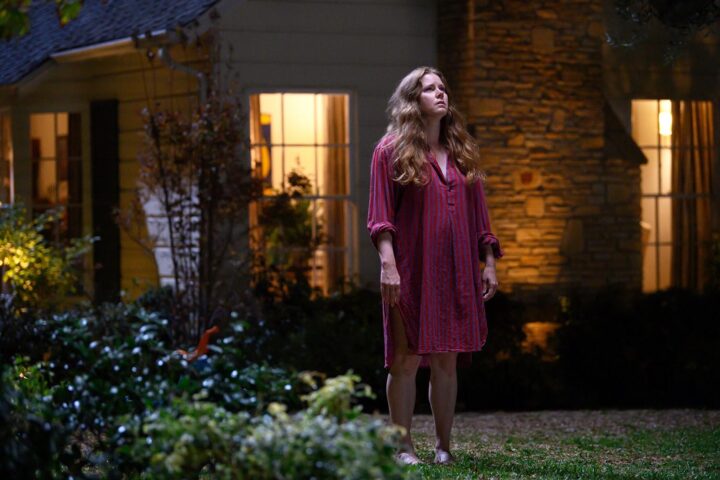Jimmy Erskine (Ian McKellen) has never minced words in his decades-spanning career as the poison-quilled theater critic for London’s Daily Chronicle. When a maligned actress, Nina Land (Gemma Arterton), confronts her nemesis in the street, demanding to know whether she’s really as “appalling” on stage as he’s alleged in print, he responds, with a half-apologetic look of disgust as he recalls her past performances, “I’m afraid so.” Could she have expected mercy? This is, after all, the man who wrote of her on-stage death scene that “when Miss Land finally, blessedly, expires, her death is akin to a deflated dirigible.”
So, let’s take a tip from Jimmy and speak plainly: Despite its perfect grenades of one-liner takedowns, Anand Tucker’s The Critic is nothing short of a mess. It’s only the winking malice of Sir Ian’s title character that prevents it from imploding entirely, dirigible-like, as the haywire plot, based on Anthony Quinn’s novel Curtain Call, begins to nosedive.
When The Critic opens, Jimmy rules London, terrorizing theater makers and avoiding commonplace audiences like the plague. “I must be protected from the general public,” he rails at a waiter during an intermission. He’s even had success skirting England’s “gross indecency” laws, casually cruising parks by dark for young male dalliances. Tom (Harry Potter’s Alfred Enoch) seems to have been one such conquest, now promoted from covert hookup to amanuensis, carrying the critic’s pen at every performance and taking dictation.
But the rise to power of a new newspaper owner, David Brooke (Mark Strong), sets off Jimmy’s fiery fight to defend both his career and his reputation by any means necessary. This is the rare plotline involving arts journalism that culminates in multiple deaths, and the eyebrow-raising turns of events here might have been more convincing had they been played in the Jacobean mode of rollicking revenge tragedy instead of as trembling melodrama.
One of the central plays depicted in the film is John Webster’s giddily gruesome The White Devil after all. But The Critic never attempts to draw connections between the genre pieces that Jimmy attends and his own increasingly unscrupulous activities. Instead, the film smothers sentimental music over collections of miniature scenes, obscuring whatever dramatic beats go unrealized in Patrick Marber’s script. Where the film could offer acerbic fun, it’s merely mawkish. And where it could invest emotionally in the specific impact of the criminalization of queerness in 1930s London, The Critic substitutes amoral atmosphere.
Marber does give Jimmy plentiful snarky zingers for McKellen to relish. “I doubt our readers are familiar with the word,” an editor laments at Jimmy’s use of “steatopygous,” to which the critic responds, “I doubt our readers can read.” But McKellen is kept off screen for too long in the film’s saggy middle section, when attention shifts to a backstage love triangle. (This subplot also involves Romola Garai and Lesley Manville, each given shockingly little to do.)
Whenever the film lets the critic do his criticizing, though, McKellen is a wicked delight. His wide-eyed grimaces and low groans also communicate how high the stakes are for Jimmy every opening night. His is the aching pain of a man who loves good storytelling, a pain triggered most profoundly by those works of art that fail to live up to their potential. It’s a familiar feeling.
Since 2001, we've brought you uncompromising, candid takes on the world of film, music, television, video games, theater, and more. Independently owned and operated publications like Slant have been hit hard in recent years, but we’re committed to keeping our content free and accessible—meaning no paywalls or fees.
If you like what we do, please consider subscribing to our Patreon or making a donation.

